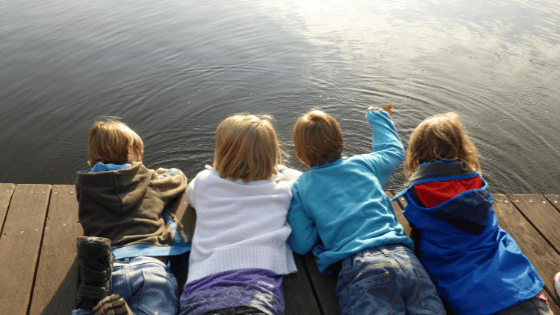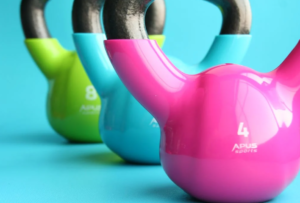Mindfulness for kids
Nowadays, children and teenagers have tons of things to do. It’s not just school. They engage in a lot of other activities plus they have to study long hours when they get home. When none of that happens all they want is to spend their free time in front of a screen. With all this burden the result is that they lose precious moments of their lives as they do not find and do not want to find time to be in the moment and what is happening around them, but also inside them. Their daily lives can change in a positive way if they get to know how to practice mindfulness.
Why is it so important for children?
If we teach our children how to live in the moment then we give them the necessary “tools” to manage stress and anxiety, boost their confidence and deal with unpleasant or uncomfortable situations. It also helps them “create” important skills such as concentration and memory, effectful switching between activities and good behavior. These skills will later help them develop rational thinking, problem-solving skills, and building good social relationships. Do you want to serve as an example to a child by showing him how to exercise? Then you should attend the “Kids Athletics-Movement School” seminar of Base Training.
How to practice mindfulness everyday
Be the example
If your child sees you practicing mindfulness then they will not react much when you want to show them how to do it themselves. For example, if they see you living in the moment, being with them when you have time and not bother with other things then they will begin to understand your behavior.
Emphasize breathing
Teach children from an early age to use their breath to relax. For example, at some point when they feel agitated, ask them to exhale by making a sound five times in a row. Then ask them to observe how they feel. You can also practice a structured breath: inhale for 4, hold the breath for 4 and exhale for 4. Measuring gives the mind something to do so that it is not preoccupied with persistent thoughts. Breathing practice can be done before children’s performances or other events that cause them nervousness.
Focus on the senses
When we really feel what is happening around us, then we live in the moment. How will you do this with the child? Ask them to observe outside the window and point out the different shades of green. Or go out with them and ask the child to notice the smells.
Express gratitude
A good time to practice gratitude is during dinner. Each person at the table can share what situations and people make them feel grateful. Giota Florou Sources: mindfulness.org, healthline.com Recent Articles







